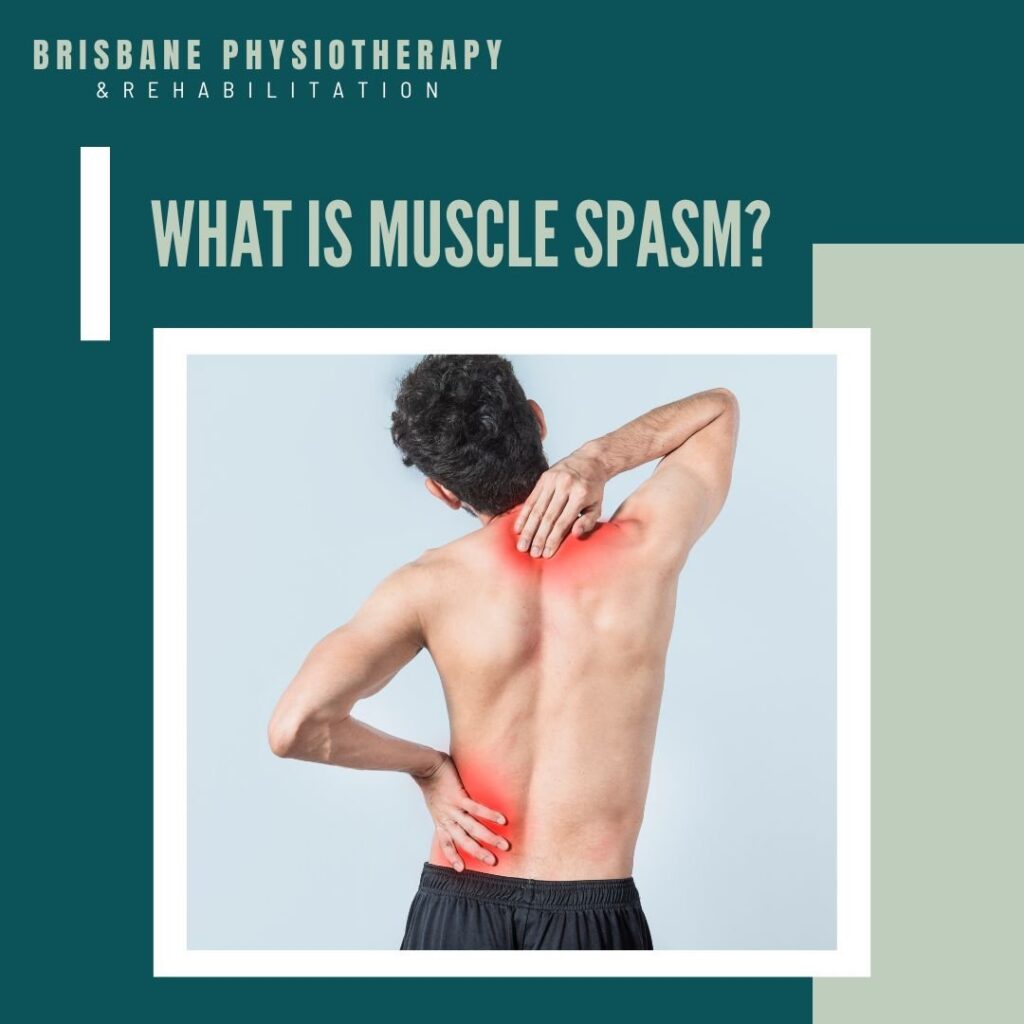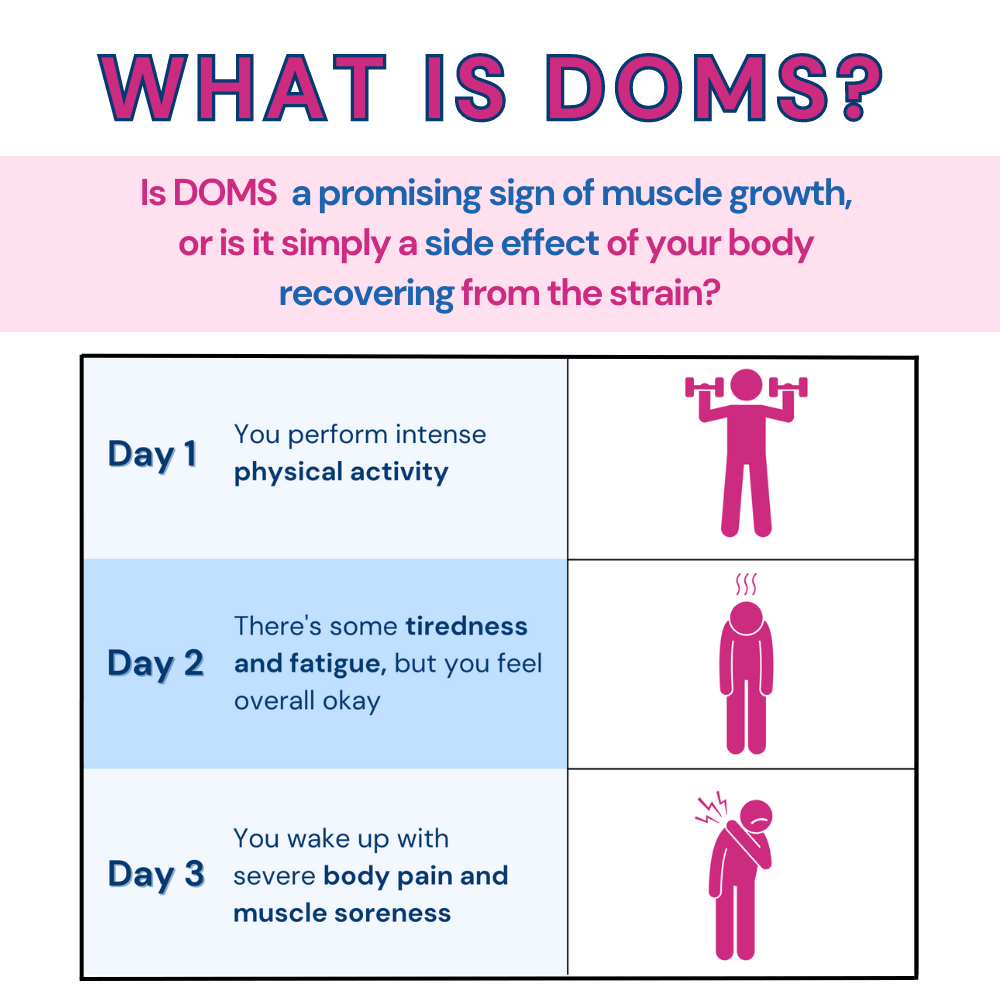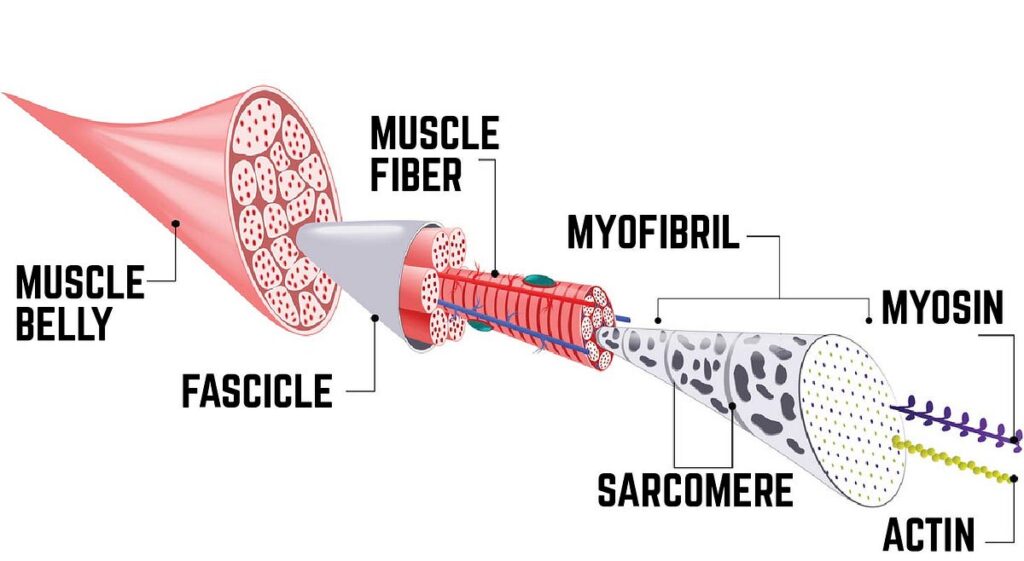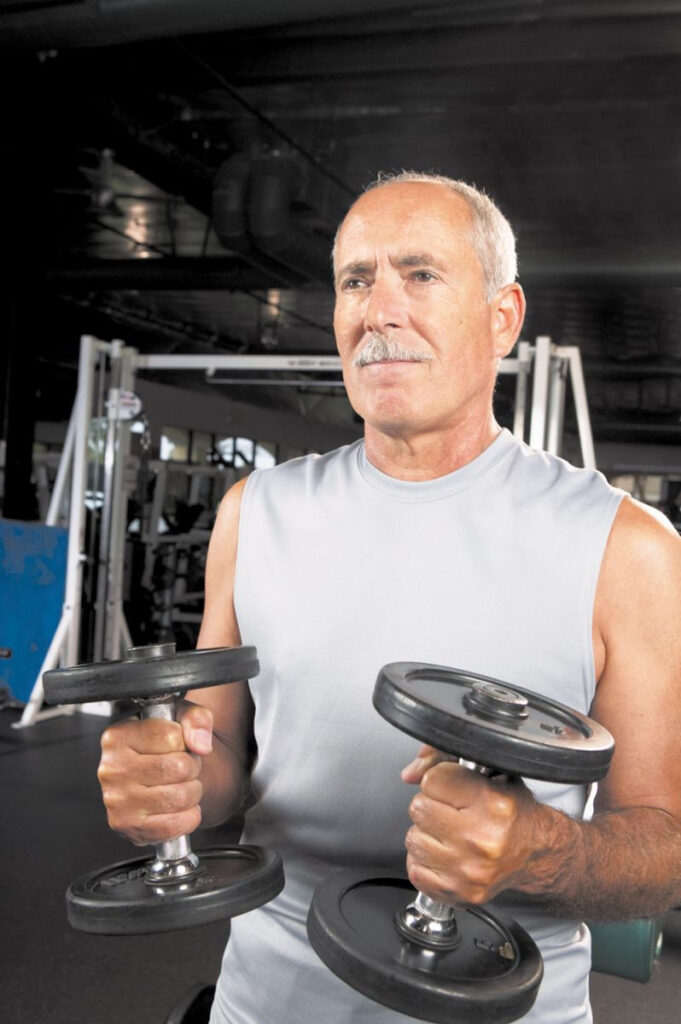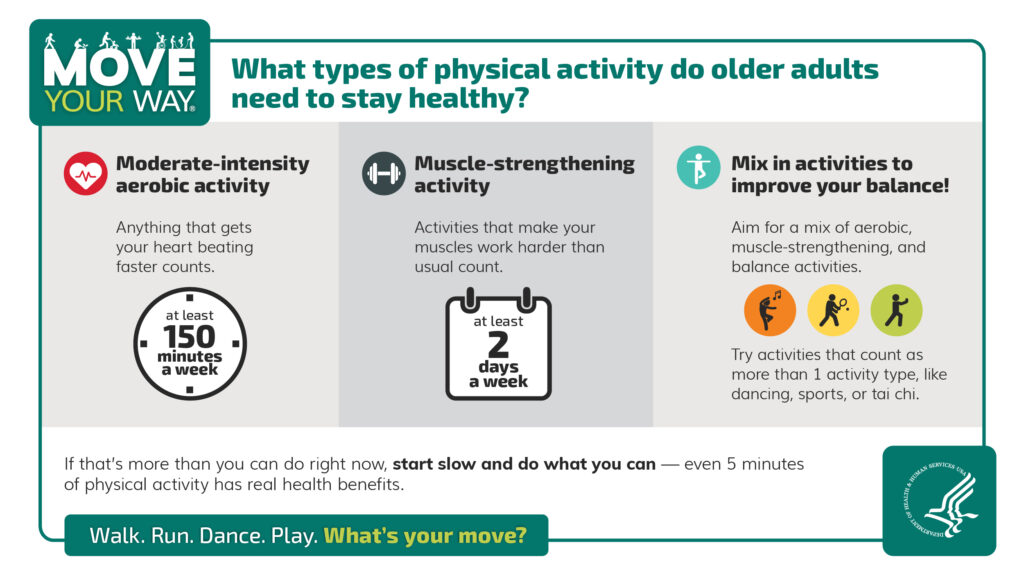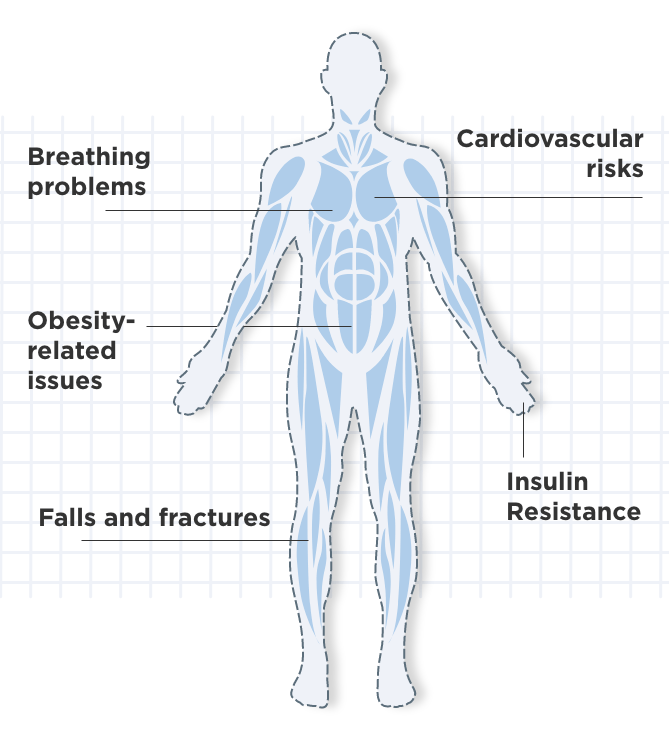Muscle making sounds, like popping or clicking, often occur due to tendons or ligaments moving over bones. These sounds are usually harmless.
Muscle sounds can be surprising and sometimes concerning. Popping, clicking, or cracking noises often stem from tendons or ligaments shifting over bones or joints. These sounds are common during physical activities like stretching, exercise, or even simple movements. They are generally not a cause for alarm unless accompanied by pain or discomfort.
Understanding the reasons behind these noises can help alleviate any unnecessary worry. Being aware of your body’s signals is crucial for maintaining overall health and well-being. Regular exercise and proper stretching techniques can minimize the occurrence of muscle sounds, promoting a healthier and more active lifestyle.
Science Of Muscle Growth
Muscles grow by getting bigger and stronger. This happens through exercise. Lifting weights and doing other exercises cause tiny tears in muscle fibers. The body repairs these tears. During this process, muscles become thicker and stronger.
Rest is important for muscle growth. Muscles need time to repair. This is why rest days are important. Good sleep also helps muscles grow.
Protein synthesis is how the body builds muscle. Protein is made of amino acids. These are the building blocks of muscle. Eating protein-rich foods helps muscles grow. Foods like chicken, fish, and beans are good sources.
Right after exercise, the body needs protein. This is the best time to eat protein. It helps the muscles repair and grow faster. Drinking a protein shake is a good idea after working out.
Nutritional Foundations
Proteins are the building blocks of muscles. They help repair and grow muscle tissues. Carbohydrates give energy for workouts. They are important for muscle recovery. Fats are also essential. They support hormone production and overall health. Eating a balanced diet with these macronutrients is key for muscle growth.
Water is crucial for muscle function. It helps transport nutrients to your muscles. Staying hydrated prevents cramps and injuries. Drink plenty of water throughout the day. During workouts, sip water often. Proper hydration boosts performance and aids in muscle recovery. Always carry a water bottle with you.
Effective Training Techniques
Resistance training helps build muscle strength. Lifting weights is a popular method. Using resistance bands is another great option. Start with light weights. Increase weight as you get stronger. Do exercises like squats, lunges, and push-ups. These work many muscle groups. Keep a regular schedule for best results.
High-Intensity Interval Training, or HIIT, burns fat fast. Short bursts of intense exercise are key. Follow with a short rest period. Repeat the cycle. Exercises like sprinting and jumping jacks work well. HIIT sessions are usually short. 20 to 30 minutes is enough. This makes it easy to fit into a busy day. HIIT also improves heart health.

Credit: 256today.com
Recovery And Rest
Sleep is crucial for muscle recovery. During sleep, muscles repair and grow. Aim for at least 8 hours of quality sleep each night. Poor sleep can slow down muscle recovery. It also affects your energy levels and mood. Create a bedtime routine to improve sleep quality. Avoid screens and caffeine before bed.
Active recovery helps muscles heal faster. Light activities like walking or stretching are beneficial. These activities increase blood flow to muscles. Gentle yoga can also be effective. Avoid intense exercises during recovery periods. Listen to your body and rest when needed.
Mind-muscle Connection
Focus your mind on the muscle you are working. This can help you achieve better results. Strong mental focus can lead to stronger muscles. Make sure to block out distractions. Concentrate on the task at hand. Feel each muscle movement deeply. This will help in building muscle effectively.
Picture your muscles growing as you exercise. This mental image can boost your performance. Imagine lifting heavier weights each time. Visualization can make your muscles work harder. Think about each rep you do. Visualizing success can make it happen. See yourself achieving your fitness goals.

Credit: www.amazon.com
Supplement Strategies
Protein powder helps build muscles. Take it after workouts for best results. Creatine boosts strength and energy. Use it before lifting weights. Branched-chain amino acids (BCAAs) help with muscle recovery. Drink them during exercise sessions. Fish oil supports joint health. Take it daily with meals. Beta-alanine can increase workout performance. Use it before exercising.
Protein powder: Take 20-30 grams post-workout. Creatine: 5 grams before workouts. BCAAs: 5-10 grams during exercise. Fish oil: 1-2 grams daily with meals. Beta-alanine: 3-6 grams pre-exercise.
Common Myths Debunked
Spot reduction is the idea that you can lose fat from one area. This myth is not true. You can’t target fat loss to just one body part. The body burns fat from all over, not just one spot. Exercise helps burn calories, but fat loss is overall. Focus on a balanced diet and full-body workouts.
Overtraining happens when you exercise too much without enough rest. This can lead to injuries and fatigue. It’s important to listen to your body. Take rest days to recover. A good workout plan includes rest and proper nutrition. Balance is key to avoid overtraining and stay healthy.

Credit: www.facebook.com
Tracking Progress
It’s important to track your strength gains. Keep a workout journal or use an app. Note down the weights you lift and the number of reps. This helps see your improvement over time. You can also take progress photos. They show changes in your muscle size. Another method is to measure your body parts with a tape. Track gains in inches around your arms, chest, and legs. Using these methods, you can clearly see how much stronger you are getting.
Sometimes you need to adjust your workout plan. If you see no progress, it might be time to change things up. Add new exercises or increase the weight you lift. You can also change the number of reps or sets. This keeps your muscles challenged and growing. Always listen to your body and avoid injuries. Rest is also important. Make sure you get enough sleep and recovery time. Adjusting your plan ensures you keep making gains.
Frequently Asked Questions
What Causes Muscle Making Sound?
Muscle sounds occur due to tendons or ligaments moving over bones. These sounds are often harmless.
Is Muscle Sound Normal During Exercise?
Yes, muscle sounds during exercise are common. They usually result from normal muscle and joint movements.
Can Muscle Sounds Indicate An Injury?
Sometimes muscle sounds can indicate an injury. If accompanied by pain or swelling, consult a doctor.
How To Reduce Muscle Noise?
To reduce muscle noise, ensure proper warm-up before exercise. Stretch regularly and stay hydrated.
Conclusion
Building muscle effectively requires commitment, proper technique, and a balanced diet. Prioritize consistency and listen to your body. Incorporate varied workouts to challenge different muscle groups. Remember, patience is key. With dedication, you’ll achieve your muscle-building goals and enjoy the benefits of a stronger, healthier physique.
Keep pushing forward.

